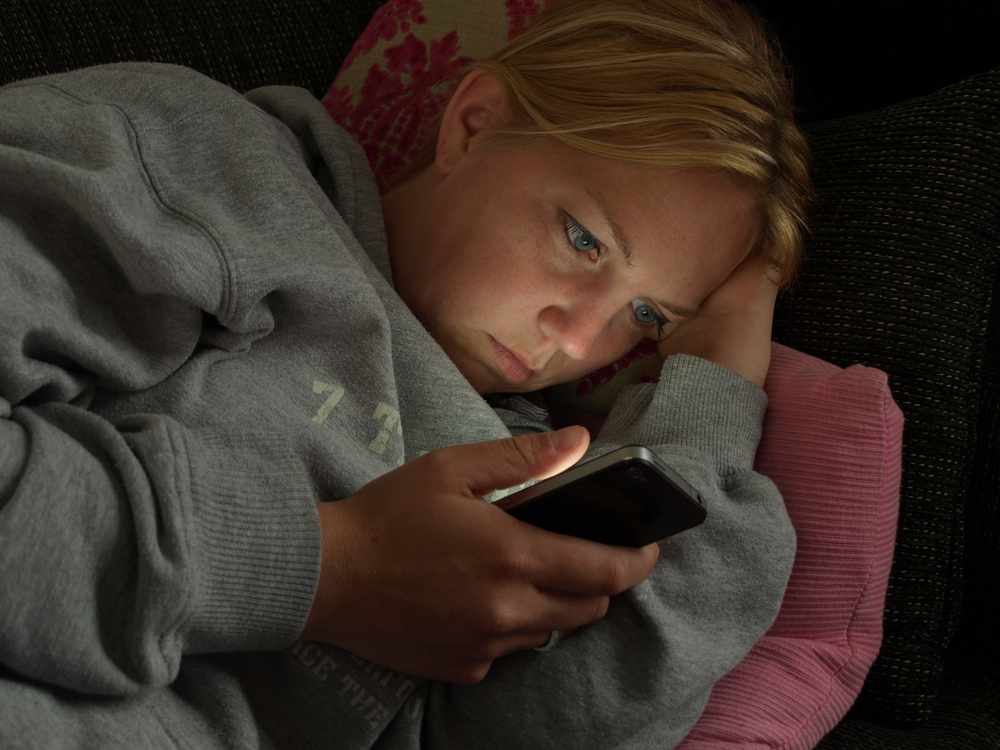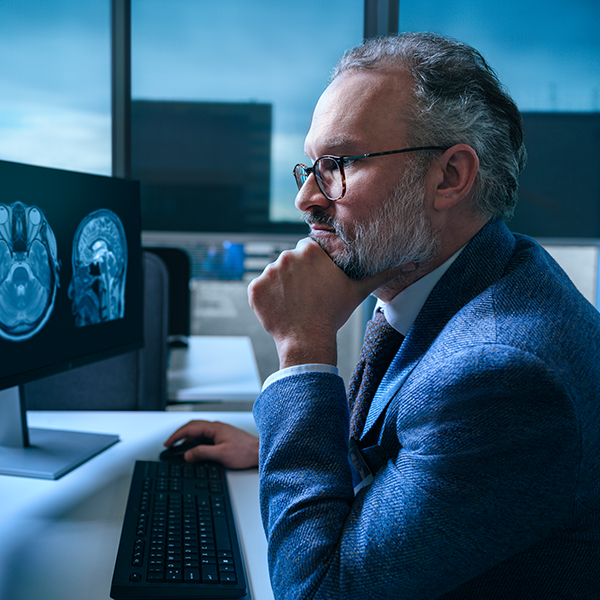-
Mayo Clinic Minute: It’s only temporary – smartphone blindness
 Smartphone habits may force doctors to ask patients a few more questions when diagnosing vision or neurological problems. “I think if a person experiences a temporary loss of vision in one eye, that’s potentially a very important problem for which they should seek medical attention,” says Dr. Dean Wingerchuk, a Mayo Clinic neurologist. “But it doesn’t always mean there’s an abnormality.”
Smartphone habits may force doctors to ask patients a few more questions when diagnosing vision or neurological problems. “I think if a person experiences a temporary loss of vision in one eye, that’s potentially a very important problem for which they should seek medical attention,” says Dr. Dean Wingerchuk, a Mayo Clinic neurologist. “But it doesn’t always mean there’s an abnormality.”
His recent article in Neurology raises the possibility that handheld gadgets may be to blame. Because of that, he says physicians may need to include smartphone use in their patient history reviews. Here’s Dennis Douda.
Journalists: A broadcast-quality video pkg (0:59) is in the downloads. Read the script.







